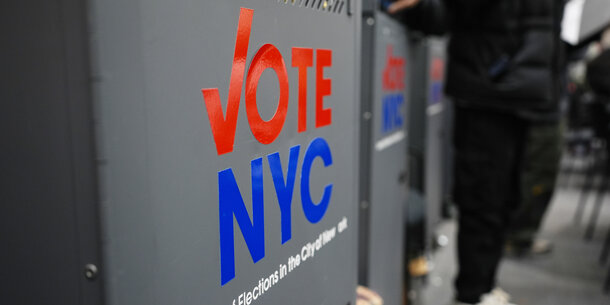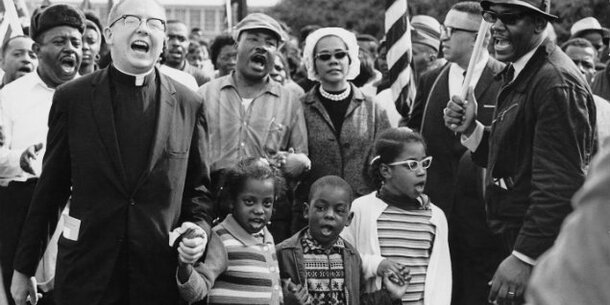On Wednesday, the House is set to vote on the For the People Act. I’ve written at length about why we urgently need the broad, sweeping democracy reform that this legislation promises. But I can’t emphasize enough: it’s the greatest civil rights bill since the civil rights movement itself.
As Elizabeth Hira explains, the For the People Act would transform our democratic institutions, and it will particularly benefit those most impacted by our democracy’s historical failings.
Reforms such as automatic and same-day voter registration and nationwide early voting would address the failures we face election after election: long lines and overly aggressive voter-roll purges, particularly in communities of color. More early voting opportunities would make voting possible for low-income workers who cannot take Election Day off work. And while voter registration restrictions usually target people of color, same-day registration can be an antidote.
The legislation, too, would powerfully respond to today’s money-drenched politics, the world of Citizens United. It would create a system of small-donor public financing for congressional and presidential elections. In New York City, where this has been in effect for years, candidates of color, women, and non-politicians have been able to run energetic and creative races simply unimaginable in the world of super PACs and dark money.
And the For the People Act’s redistricting reforms would have a huge impact on the communities, mostly of color, who have had their political power stripped because of partisan gerrymandering.
On Monday, the White House came out strongly in support of the For the People Act. “In the wake of an unprecedented assault on our democracy, a never before seen effort to ignore, undermine, and undo the will of the people, and a newly aggressive attack on voting rights taking place now all across the country,” the statement read, “this landmark legislation is urgently needed to protect the right to vote and the integrity of our elections, and to repair and strengthen American democracy.”
A great political clash is developing, one with deep implications for the American ideal.
All across the country, Republican state legislators are rushing to enact restrictions on the right to vote — and are preparing, across the South, to gerrymander as district lines are being drawn. Congress, meanwhile, has the power to stop this assault on democracy. It has the legal and constitutional power to act. The only question is whether it has the political will. The answer will define the racial justice history of this moment.



